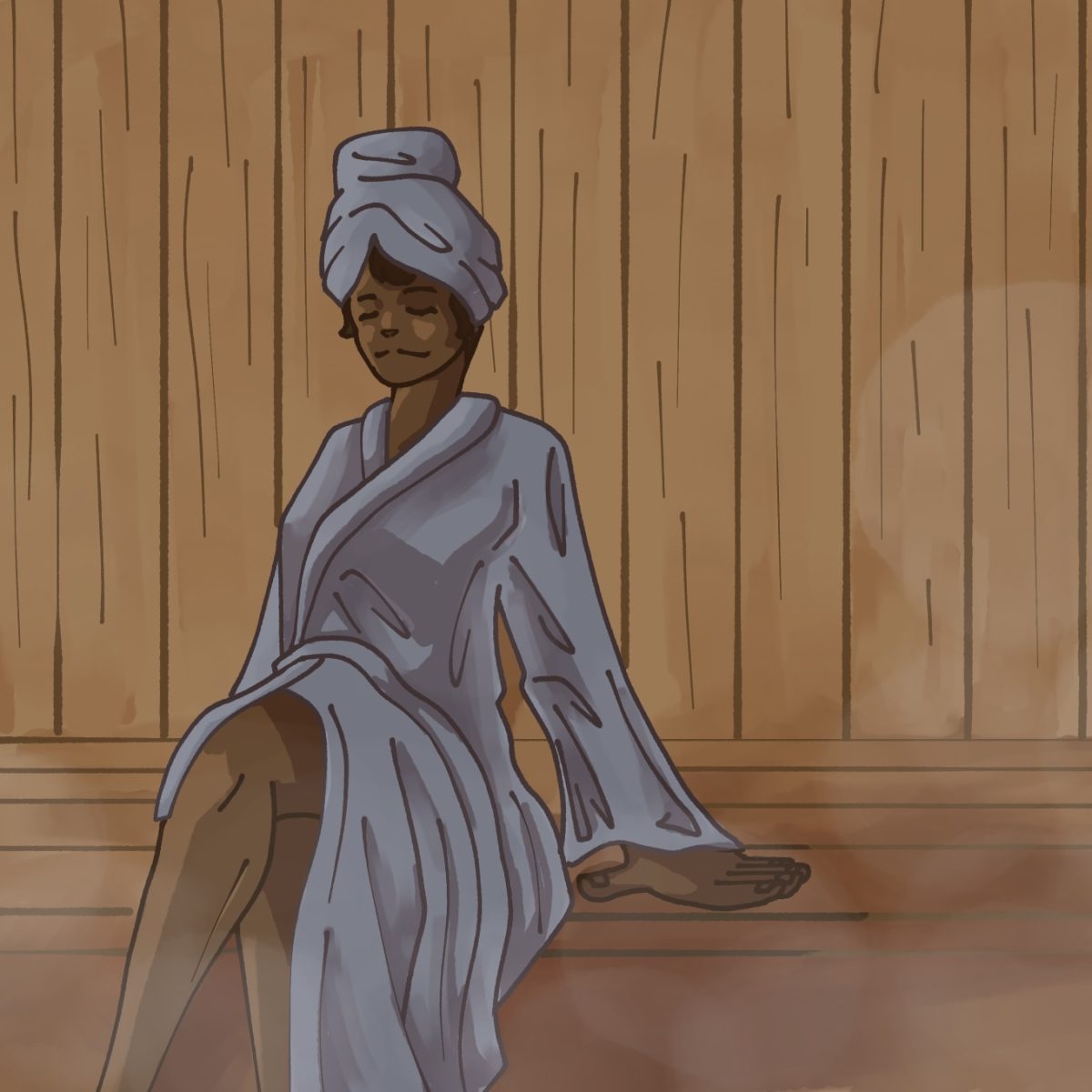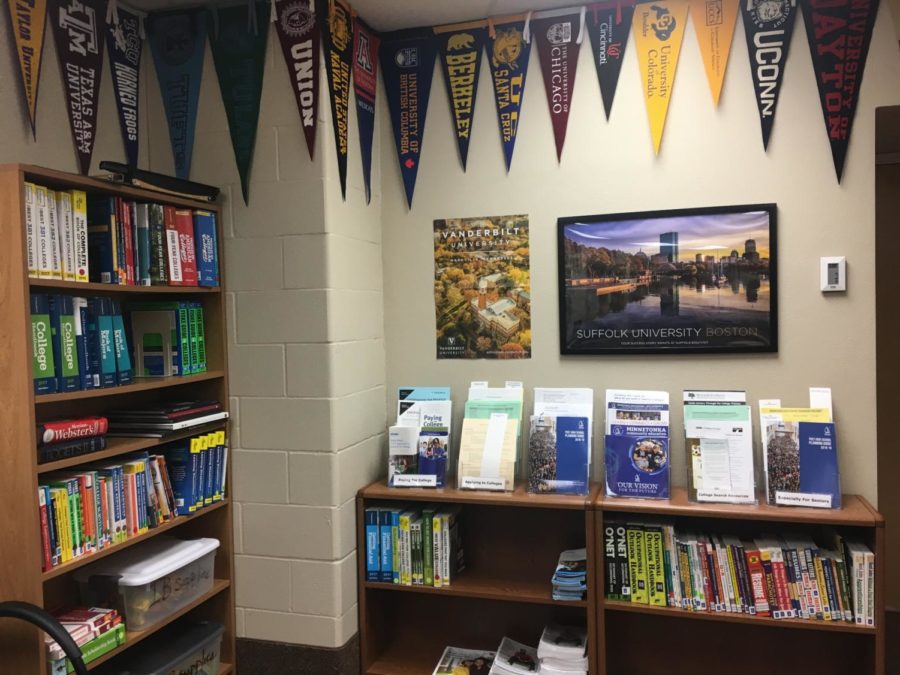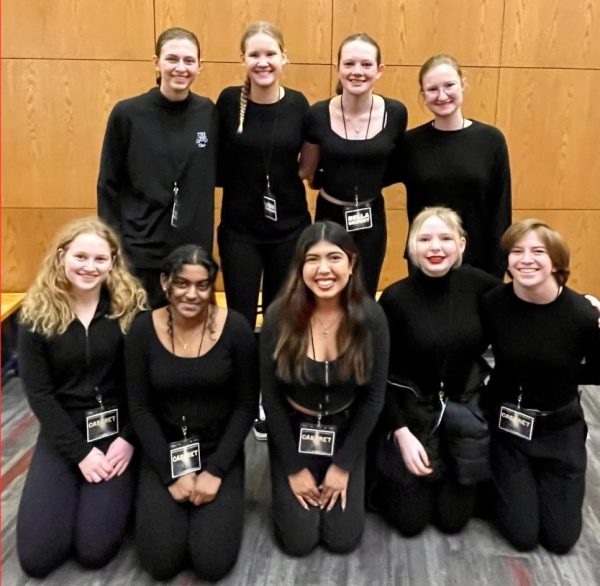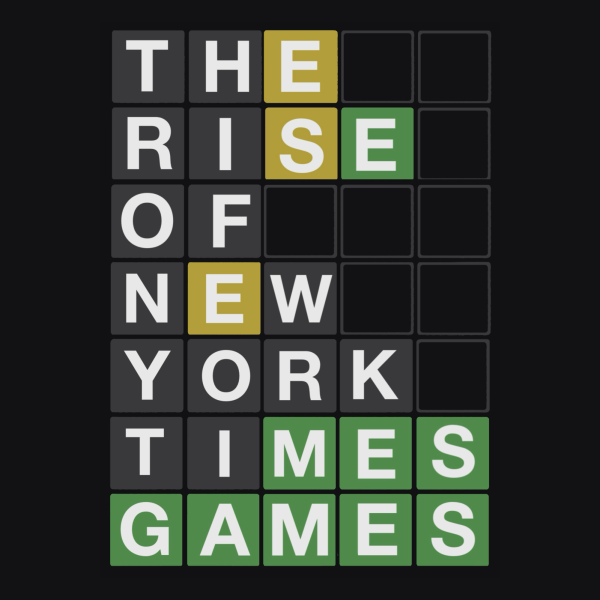A Step Beyond Traditional College: Alternative Post-High School Options
The College & Career Center is an excellent resource for MHS students.
September 28, 2018
Although their last year of high school has just begun, Minnetonka seniors have already started their preparations for life after graduation. Overwhelmed with senior-specific guidance counselor meetings and a flood of emails from programs aimed at graduating seniors, it’s hard not to feel the pressure to begin planning.
But what sort of options do seniors really have after high school? A deeper look into where Minnetonka seniors end up after graduation finds the student population scattered locally, nationally and even across the world.
Because students graduating today have access to a wealth of information about programs and schools right at their fingertips, learning about new opportunities has never been easier.
Although entering into a traditional four-year college remains the most popular choice for seniors at Minnetonka, the range of options for after high school is extensive and diverse.
Phil Trout, college counselor at Minnetonka, stressed the importance of considering all of the opportunities for plans after high school before coming to a decision.
“It’s important that all students have the chance to come in and talk about their options and how to achieve their goals,” Trout said.
Trout wanted to express that even though his official title is “college counselor,” he is also very knowledgeable about other options for after high school, and can help guide students through their process of post-high school planning. Because the opportunities are so varied, many find it helpful to talk through their options with a counselor.
For others, they already know exactly what they want to do after high school. Especially for students who are looking to pursue a technical degree, knowing the career they want to pursue can be crucial.
“Although it depends on the student, [many] already have an idea about what kind of training they need for a specific degree.”
For these students, schools like Hennepin Technical College and Dunwoody College of Technology offer the unique opportunity to gain training and a degree for a lower cost and in less time than a four-year college.
Another option that Minnetonka has a long tradition of supporting is students entering into a military branch. Last year, fourteen graduating seniors entered into some military-affiliated program after high school.
Many military programs are available for students who still would like to go to school for higher education. For example, the Reserve Officers’ Training Corps (ROTC) offers programs in multiple branches of the United States military. Being a part of the ROTC includes military training and service, and, besides time spent in training, this opportunity allows students to attend college and receive competitive scholarships.
Margaret Lucas, class of ‘19, shared her reason for choosing to enter the military after high school.
“It’s a great opportunity and benefits you for the rest of your life… Serving in the military helps you find jobs, helps pay for college, and pays you for your service, health benefits and insurance,” she said.
Lucas recommended the military for “anyone who is patriotic and worried about college fees.”
Taking a year off, or “taking a gap year,” is an increasingly popular and beneficial option for high school students, especially those who aren’t enthusiastic about going straight into another four years of school after finally finishing high school. However, it’s important to plan for a gap year and ensure that the year is spent in a productive manner.
“The advantages come with the opportunities… Really the joy of a gap year is taking a year on,” said Trout.
Students pursue many different activities and programs during their “year on.” Some spend the year working and saving up for college. Others prefer to take a year abroad.
Some popular organizations that coordinate programs abroad for students are the Council for International Educational Exchange (CIEE) and Youth for Understanding (YFU).
CIEE is an international organization that offers a plethora of programs to everyone from high school students to graduate students. Their gap year program has three areas of study: language and culture, service and leadership, and global internship. Programs can last for a semester or a year and are tailored to the experience that the gap year student is looking for.
YFU is another world-renowned program aimed at helping students discover more about themselves and the world around them through international exchange.
They also have a gap year program where students can experience other cultures while also volunteering and improving the lives of those they meet.
Whatever travel program an aspiring gap year student may choose, the experiences they gain will be invaluable.
“I think one of the advantages of a gap year is that it does allow the student to be able grow and mature from within the context of other experiences. They’re going to learn stuff about themselves, which is going to help them no matter what the next chapter is,” said Trout.
Whether you are a student who has already begun making plans, or someone who is just starting to explore their options, it’s important to consider all of your options for after graduation.



























